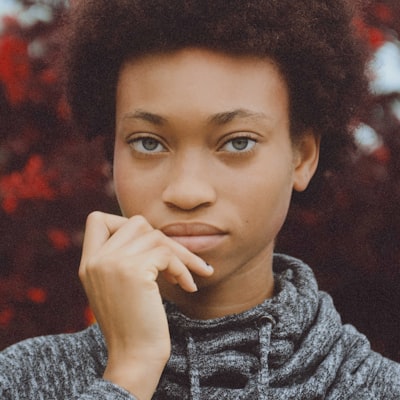What Is Sattakking?

black satta king 786 sattaking of rice and the giving of alms are two of the major rituals performed during Buddha's arrival in India. Known as the 'good kamana' or the 'good conduct,' attacking is seen by Hindus as essential for practicing and manifesting the true nature of Buddhism. It is the symbolic gesture of returning what was taken in return for the good banana or good conduct. The attacking festival is one of the most popular events on the Buddhist calendar and takes place at the end of August or early September.
Venerable Buddha has been revered by the Hindus since his arrival in India. One of his attributes is being holy and it is this attribute that gives him the pre-eminence among Indian spiritual leaders. The attacking festival marks the ideal time to pay homage to the Lord Buddha and pray for his well being and blessing for the next year.

The attacking festival is the ideal opportunity for Buddhists from all over India to come together and partake in the attacking activities. Since the auspicious occasion falls on the Buddha's birthday, an intense atmosphere of worship and respect is permeated throughout the region. A great many or sattaras are organized in most of the northern regions of India during this period. In northern India, there are three sattakkhombe which take place. In Udaipur (the largest city of Rajasthan), there is a sattakking festival organized by the Brahma temple; in Kolkata, there is a sattakkhombe held by the Buddhists of East Bengal; and in Mumbai, a sattakking festival is organized by the followers of the Lord Krishna.
In eastern India, similar organized sattakking events are organized in states like Andhra Pradesh, Karnataka and Tamil Nadu. In Andhra Pradesh, there is the 'Mansa Bandhar Yatra' where devotees visit the demigods; there is the 'Chaitanya Yatra' in Andhra Pradesh; the Telangana Yatra in Karnataka; and the Deepavali Yatra in Tamil Nadu. The followers of the Lord Krishna pay a visit to the demigods as part of their worship.
All through the country, from the simplest village to the biggest town, people come together to celebrate the attacking festival. In Calicut (the most populous state of India), there is the 'Kathakali Festival'. Here, it is believed that on this day, the ghost of the king who was killed by his son Nanda comes to celebrate the attacking of the bones with his consort Subhadra and other relatives. It is also believed that on this day, all male members of the house are liable to take a bath after cooking meat in the presence of elders and cowherders.
In the states of Maharashtra and Gujarat, the attacking festival is celebrated with much fanfare and is one of the main attractions of the year. The attacking rituals begin at the beginning of the Navaratra or Elephant Festival. On this day, devotees visit the demigods and pay obeisance to them. They offer prayers for the longevity and well-being of the demigods and use sattar links or sattakkhrut to pray to them.
